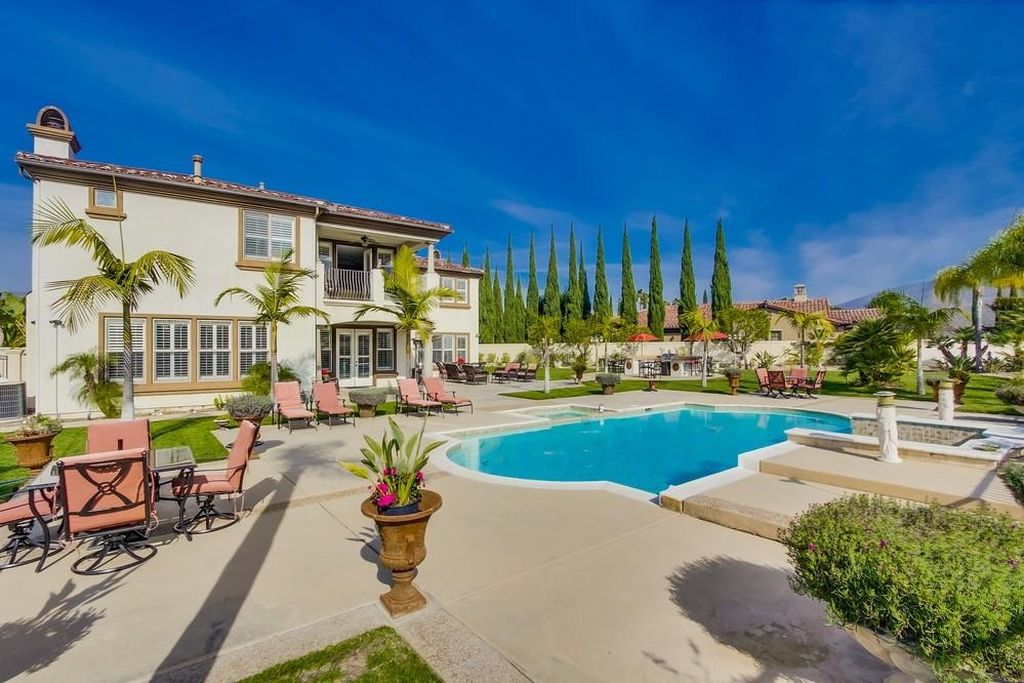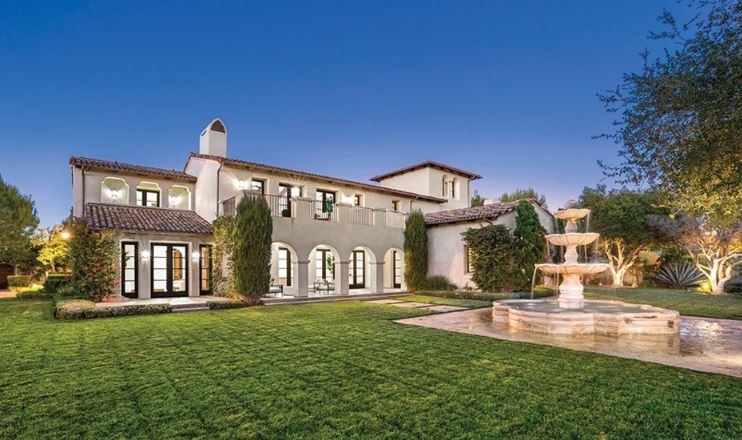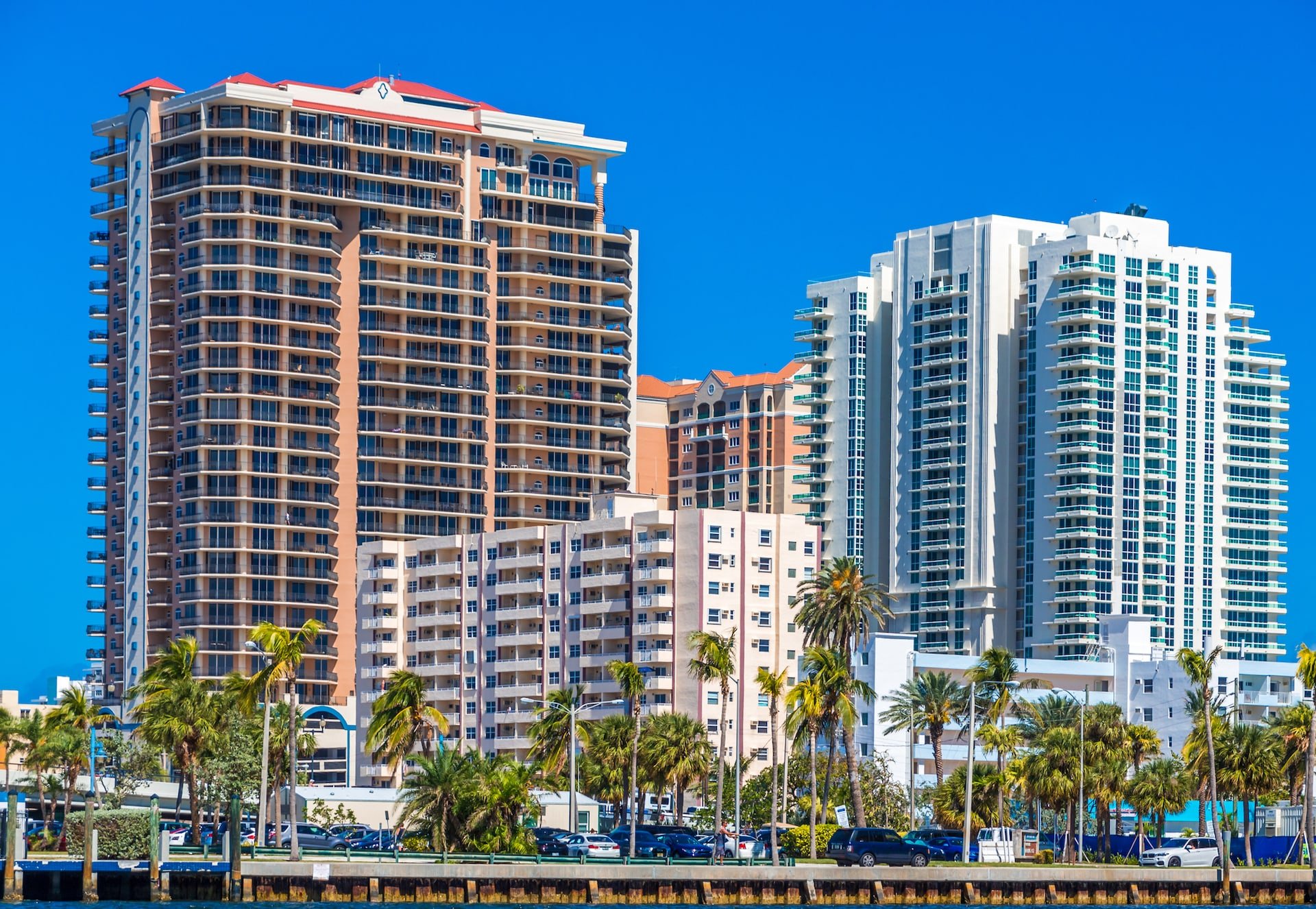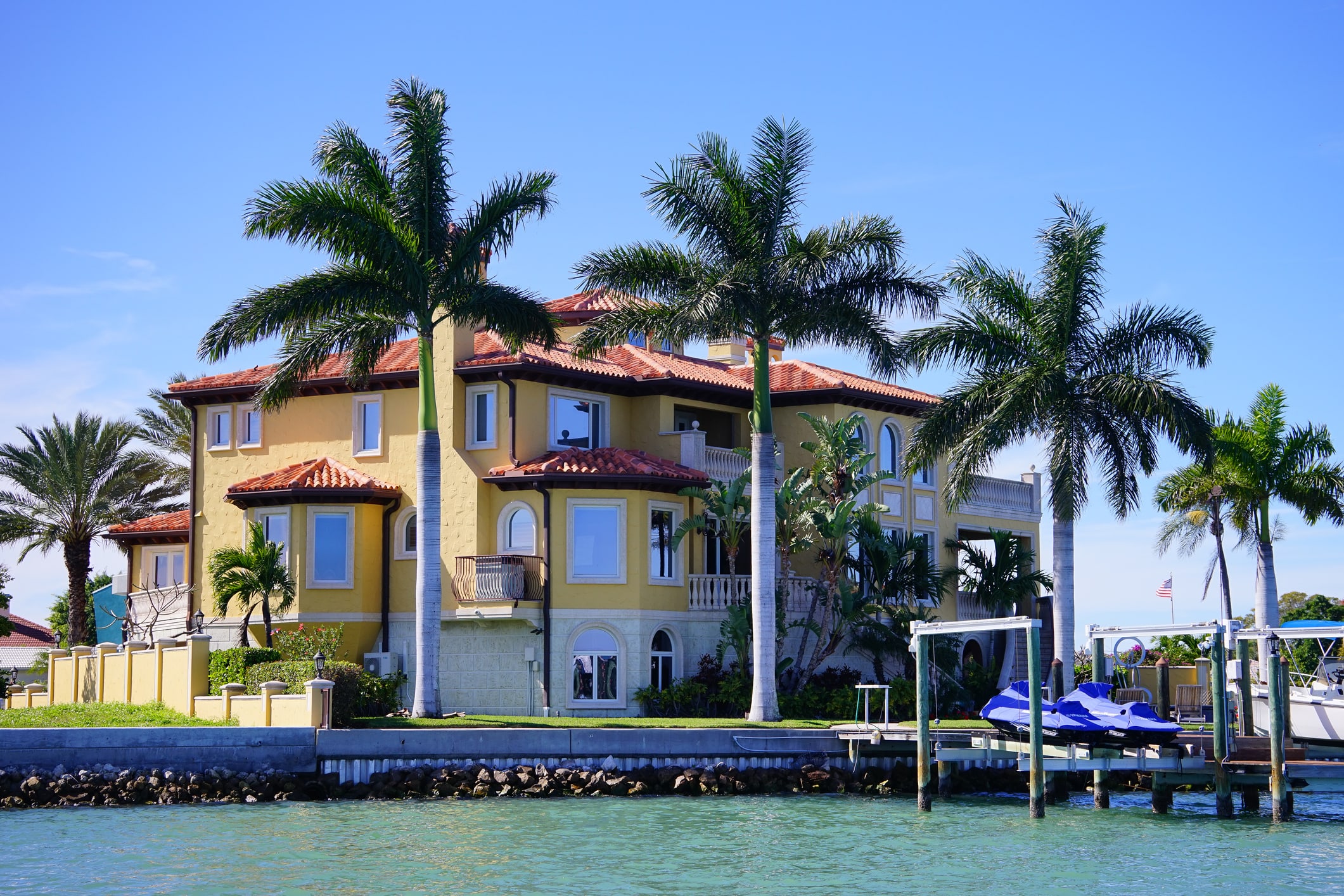Foreign national investment property loans
First Capital Trust Deeds (FCTD) specializes in mortgages for real estate investors and has originated many foreign national investment property...
3 min read
 Ted Spradlin
:
Jun 11, 2023 2:21:36 PM
Ted Spradlin
:
Jun 11, 2023 2:21:36 PM

If you're a foreign national planning to finance a residential property in the United States, this article explains the different types of foreign national mortgages available to you. A variety of conforming, conventional, and hard money loans are available to foreign nationals, depending on their credit history, financial situation and other unique financial circumstances. In this blog post, I'll cover the different types of loans foreign nationals use to finance real estate in the United States:
Foreign national conforming loans are mortgages that meet the underwriting requirements set forth by Fannie Mae and Freddie Mac. Fannie and Freddie, known as GSEs (government-sponsored entities) buy mortgages in the secondary market from banks and mortgage lenders, freeing up capital for banks and lenders to make new loans. They’re called “conforming loans” because they must meet Fannie and Freddie’s requirements.
Foreign national borrowers will find that conforming loans offer the lowest pricing out of all the mortgage programs in this list. Qualifying for a conforming loan, which for a single family residence has a maximum loan limit of $726,200 to $1,089,300 in high cost areas, is the best way to save you money over the course of 30 years.
Conforming loans can be used for financing a primary residence, second home or investment properties. Foreign national borrowers are required to document their W2, paystubs, tax returns, and/or business financials if self-employed.
Conventional loans, like conforming loans, typically have a 30-year fixed-rate term. However, they aren't backed by the government, and don’t need to qualify for Fannie and Freddie. Foreign nationals who qualify for conventional loans typically have stable income, good credit and sufficient assets to obtain financing.
The most common conventional loans FCTD uses for foreign national borrowers are Jumbo and Non-Qualified loans.
Jumbo Mortgage Loans
Jumbo loans start at $726,201 in baseline areas or at $1,089,301 in high-cost locations. Jumbos are priced slightly higher than Fannie/Freddie loans since they aren't guaranteed by the U.S. government.
Non-Qualified Mortgages (NonQM) loans are used by foreign nationals who need to document their income without traditional W2s and paystubs. NonQM lenders have programs that accept bank statements or asset-based programs to demonstrate income and ability-to-repay.
Debt Service Coverage Ratio (DSCR) loans are another option for foreign national investors to finance investment properties. Borrowers qualify based on their credit score (if they have credit in the United States), liquidity, and the cash flow of the property —instead of the W2s, paystubs and tax returns required by conforming loans.
Bank Portfolio Foreign National Loans
Bank portfolio loans are mortgages made by banks that intend to hold the loans on the books —or in their loan portfolio to maturity — which could be 5, 7, or 10 years. Banks usually require the borrower to have a depository relationship with them before issuing a mortgage.
FCTD has worked with several foreign national borrowers that acquired U.S. properties with short-term hard money bridge loans (below) before refinancing with a bank portfolio lender.
In California, we see many buyers from Asia who establish a banking relationship and then use their new U.S.-based bank to refinance out of their hard money bridge loan.
As I mentioned in the bank portfolio section above, foreign national investors can use a short-term hard money bridge loan to quickly acquire a property before refinancing into long-term financing. FCTD’s focus is hard money lending, so we know how to get these loans quickly for buyers who need to move fast, or for borrowers who need short-term financing to pull money from one investment property for a down payment on a new property.
Conclusion
The different types of foreign national mortgage loans give foreign investors and end users many options when financing real estate in the United States. Conforming loans offer the lowest pricing and costs, but also require the most income and financial documentation. Jumbo mortgages, NonQM loans, and bank portfolio loans offer flexible programs that a foreign national may need to work around their unique circumstances. And finally, when institutional financing isn't an option, hard money bridge loans can be a good temporary solution until the borrower can qualify for long-term financing.

First Capital Trust Deeds (FCTD) specializes in mortgages for real estate investors and has originated many foreign national investment property...

You're a foreign national searching for a hard money loan to purchase U.S. property. Before you get any further, you need to work through multiple...

If you’re researching your financing options, you might be wondering if you should work with a mortgage broker or direct lender for foreign national...